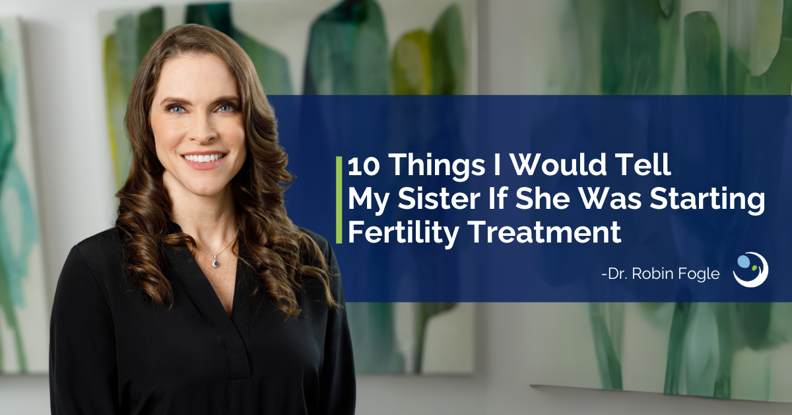What Every Twenty-Something Should Know About Their Fertility
- Category: Education
- Written By: Atlanta Center for Reproductive Medicine

You’ve heard it before, your biological clock is ticking. But whether you’re looking to have children soon — or not for a while — there are some important things you should know.
Your Health Matters.
Certain lifestyle factors — like your weight and smoking — can impact your fertility. If you’re looking to have kids in the future, be conscious of the long-term damage these factors can cause.
Pro tips: Keep your weight in check, as being overweight or underweight can impact your ability to conceive. Quit smoking! Not only is tobacco harmful to your overall health, but it is toxic to sperm and eggs as well.
Getting Pregnant May Not Be as Instant as You’d Think.
In high school, you probably remember hearing you could get pregnant at any time in your sex-ed classes. However, getting pregnant now may not be as instant as you’d think.
Each woman has a specific fertile window — which makes knowing your menstrual cycle key. If you can never remember when your cycle comes, consider using a fertility app to track your ovulation.
Birth Control Won’t Ruin Your Fertility.
Contrary to what you may have heard, the pill does not have a negative impact on fertility. It can, however, delay a woman’s ovulation once she comes off of it.
Don’t Freak Out if You Miss a Period, but Do Pay Attention to It.
Missed periods can happen for a number of reasons — weight issues, stress, new medication or a poor diet are some common culprits. While missed periods don’t necessarily mean you are infertile, it’s important to keep an eye on them. Consistently missed periods could indicate an underlying health issue.
Watch Your Caffeine Intake.
Caffeine is known to constrict blood flow to organs in your body, including your uterus. This can potentially make it more difficult for an egg to grab hold. As such, curb your caffeine intake to below 200 milligrams a day — this is roughly a cup or two of coffee or tea.
Plan Ahead.
Female fertility peaks at 27 and then gradually decline thereafter. That’s not to say you can’t get pregnant later in life! Fertility affects every woman differently and educating yourself now can help you plan for the future.
This may include considering options for fertility preservation, like freezing your eggs with ACRM. Freezing eggs could be valuable for women in their early 30s who aren’t immediately ready to start a family, as well as women with certain medical conditions that can put them at risk for running out of eggs earlier than normal.
If you have questions about fertility preservation or the fertility journey, our Atlanta fertility specialists are here to help. Simply fill out this form and an ACRM Patient Care Representative will contact you shortly!



